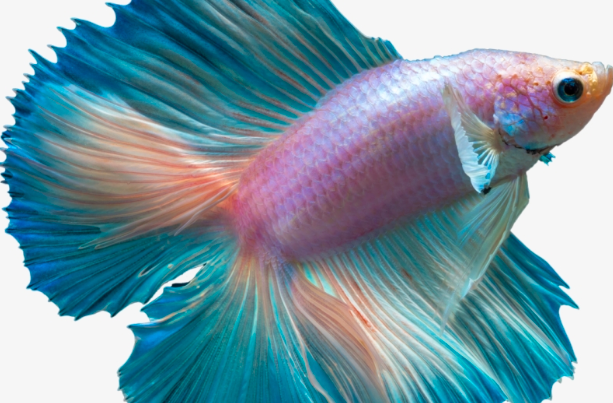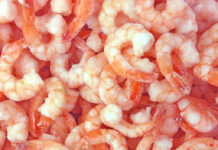A bloated fish is typically a result of overfeeding. If your koi betta has gone from being a voracious eater to one that gorges itself on a near-endless supply of food, he has likely been overfed. This can be especially harmful to young betta fish – the smaller their stomachs are, the more they tend to overeat and become unhealthy as a result. Although feeding your koi betta too much food may seem like an easy solution to the problem, it’s not something you should take lightly. The moment you overfeed your koi betta, you are putting his life in danger. Overfeeding causes stress and can even lead to several diseases such as digestive disorders or skin infections.
How to tell if your koi is bloated?
Your bloated koi betta fish for sale is easy to identify – he will be extremely bloated. He’ll have a large belly that is swollen and distended with excess gas. This will make him appear incredibly distended. If your koi has been overfed, he will have a swollen belly. You can easily identify this because most betta fish will have extremely distended bellies and will appear incredibly fat. Additionally, the excess gas will make the fish appear incredibly bloated.
Signs of an Overfed Fish
– Swollen belly – Your bloated koi will have a large, swollen belly. This is a sign that he is overly bloated with excess gas.
– Swollen fins – The most obvious sign of an overfed koi will be a swollen belly, but bloated betta fish may also have swollen fins. This is a sign that the fish is swimming in excess gas with each stroke.
– Frequent gasping – When your koi is gassy, he will often gasp for air, swimming in and out of the water to get some air.
– Drooling – Bloated koi will have a lot of saliva in their mouth, and may even drool.
– Dark red tongue – A bloated Kao fish will often have a dark red tongue.
– Dropped Feedings – Overfed fish will often stop eating altogether. If your koi has been overfed, he will have a swollen belly.
You can easily identify this because most betta fish will have extremely distended bellies and will appear incredibly fat. Additionally, the excess gas will make the fish appear incredibly bloated.
Avoid feeding your koi too much
Even if your koi is an extremely hardy eater, it is always safer to feed him smaller portions than to feed him larger ones. Your koi’s appetite may change throughout his life, and he may become a finicky eater as he gets older. You don’t want to make him uncomfortable by feeding him too much or by neglecting to feed him at all. When you overfeed your koi, he will also begin to show signs of stress. He’ll become listless, stop eating, and may even begin to show signs of illness, such as dropsy (swelling in the gills) Droopy fins and a darkened gill area are all signs that your koi are stressed.
Treatment for a Bloated Koi Betta Fish
The first thing that you should do is to clean your koi’s bowl thoroughly after every feeding. Overfeeding is most often the result of an owner who places too much food in their bowl, forgets to weigh the food down, or doesn’t clean their bowl out completely after feeding. It is also important to make sure that your koi aren’t swimming in excess gas with each stroke. Your koi will naturally swim in and out of the water with each stroke to access the air that is in his bowl; if you’ve been overfeeding, he won’t be able to swim freely in and out of the water. If your koi is swimming in excess gas and gulping for air, you can clear the excess gas from his bowl by slowly raising the temperature of the water and dropping the oxygen concentration.
Conclusion
As you can see, a bloated koi betta fish is a serious issue. Bloated koi are more likely to suffer from numerous diseases as a result of being overfed, and they may even die if they aren’t restored to health. It is important to recognize when your koi betta has been overfed and to take immediate action. Your koi will thank you for it








